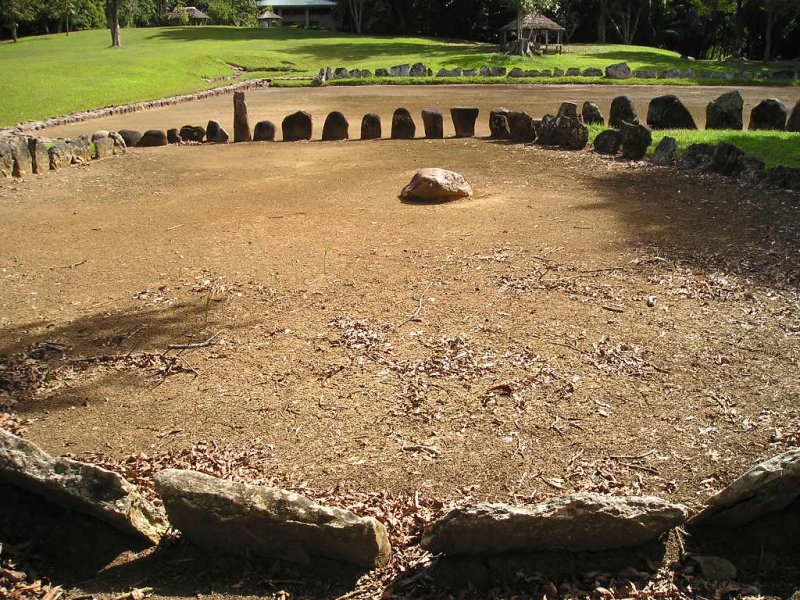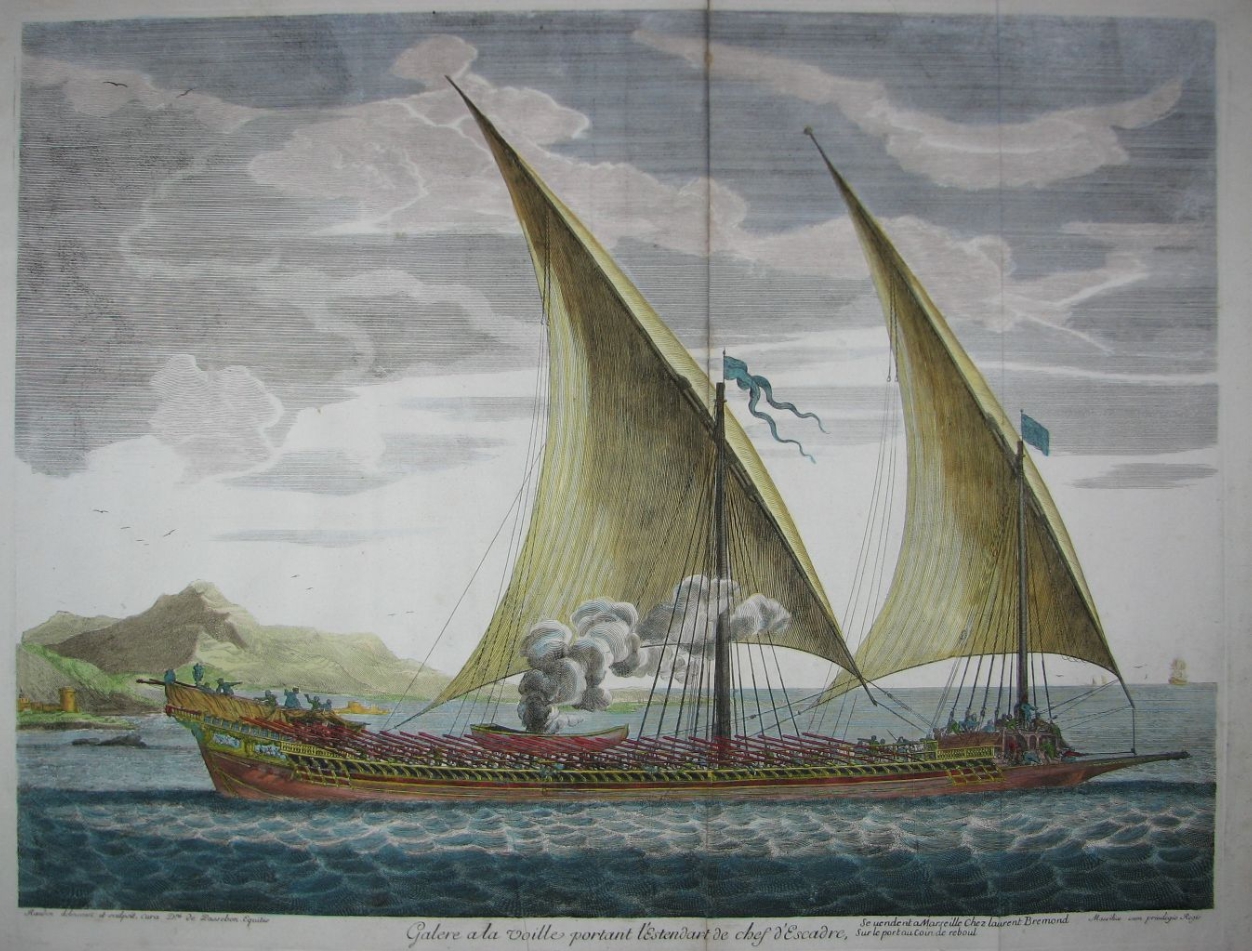|
Hammocks
A hammock, from Spanish , borrowed from Taíno and Arawak , is a sling made of fabric, rope, or netting, suspended between two or more points, used for swinging, sleeping, or resting. It normally consists of one or more cloth panels, or a woven network of twine or thin rope stretched with ropes between two firm anchor points such as trees or posts. Hammocks were developed by native inhabitants of the Americas for sleeping, as well as the English. Later, they were used aboard ships by sailors to enable comfort and maximize available space, by explorers or soldiers travelling in wooded regions and eventually by parents in the early 1920s for containing babies just learning to crawl. Today they are popular around the world for relaxation; they are also used as a lightweight bed on camping trips. The hammock is often seen as a symbol of summer, leisure, relaxation and simple, easy living. Etymology The word ''hammock'' comes, via Spanish, from a Taíno culture Arawakan word ... [...More Info...] [...Related Items...] OR: [Wikipedia] [Google] [Baidu] |
Taíno People
The Taíno are the Indigenous peoples of the Caribbean, Indigenous peoples of the Greater Antilles and surrounding islands. At the time of European contact in the late 15th century, they were the principal inhabitants of most of what is now The Bahamas, Cuba, the Dominican Republic, Haiti, Jamaica, Puerto Rico, and the northern Lesser Antilles. The Lucayan people, Lucayan branch of the Taíno were the first New World peoples encountered by Christopher Columbus, in the Lucayan Archipelago, Bahama Archipelago on October 12, 1492. The Taíno historically spoke an Arawakan languages, Arawakan language. Granberry and Vescelius (2004) recognized two varieties of the Taino language: "Classical Taino", spoken in Puerto Rico and most of Hispaniola, and "Ciboney Taino", spoken in the Bahamas, most of Cuba, western Hispaniola, and Jamaica. They lived in agricultural societies ruled by caciques with fixed settlements and a Matrilineality, matrilineal system of kinship and inheritance. Taíno ... [...More Info...] [...Related Items...] OR: [Wikipedia] [Google] [Baidu] |
De Medicina
''De Medicina'' is a 1st-century medical treatise by Aulus Cornelius Celsus, a Roman encyclopedist and possibly (but not likely) a practicing physician. It is the only surviving section of a much larger encyclopedia; only small parts still survive from sections on agriculture, military science, oratory, jurisprudence and philosophy. ''De Medicina'' draws upon knowledge from ancient Greek works, and is considered the best surviving treatise on Alexandrian medicine. It is also the first complete textbook on medicine to be printed, and has an "encyclopedic arrangement that follows the tripartite division of medicine at the time as established by Hippocrates and Asclepiades – diet, pharmacology, and surgery." This work also covers the topics of disease and therapy. Sections detail the removal of missile weapons, stopping bleeding, preventing inflammation, diagnosis of internal maladies, removal of kidney stones, the amputation of limbs and so forth. The original work was published ... [...More Info...] [...Related Items...] OR: [Wikipedia] [Google] [Baidu] |
Aulus Cornelius Celsus
Aulus Cornelius Celsus ( 25 BC 50 AD) was a Roman encyclopedist, known for his extant medical work, '' De Medicina'', which is believed to be the only surviving section of a much larger encyclopedia. The ''De Medicina'' is a primary source on diet, pharmacy, surgery and related fields, and it is one of the best sources concerning medical knowledge in the Roman world. The lost portions of his encyclopedia likely included volumes on agriculture, law, rhetoric, and military arts. He made contributions to the classification of human skin disorders in dermatology, such as myrmecia, and his name is often found in medical terminology regarding the skin, e.g., kerion celsi and area celsi. He is also the namesake of Paracelsus (''lit.'' Above Celsus), a great Swiss alchemist and physician prevalent in the Medical Renaissance. Life Nothing is known about the life of Celsus. Even his praenomen is uncertain; he has been called both Aurelius and Aulus, with the latter being more plau ... [...More Info...] [...Related Items...] OR: [Wikipedia] [Google] [Baidu] |
Natural History (Pliny)
The ''Natural History'' () is a Latin work by Pliny the Elder. The largest single work to have survived from the Roman Empire to the modern day, the ''Natural History'' compiles information gleaned from other ancient authors. Despite the work's title, its subject area is not limited to what is today understood by natural history; Pliny himself defines his scope as "the natural world, or life". It is encyclopedic in scope, but its structure is not like that of a modern encyclopedia. It is the only work by Pliny to have survived, and the last that he published. He published the first 10 books in AD 77, but had not made a final revision of the remainder at the time of Pliny the Elder#Death, his death during the Eruption of Mount Vesuvius in 79 AD, AD 79 eruption of Vesuvius. The rest was published posthumously by Pliny's nephew, Pliny the Younger. The work is divided into 37 books, organised into 10 volumes. These cover topics including astronomy, mathematics, geography, ethn ... [...More Info...] [...Related Items...] OR: [Wikipedia] [Google] [Baidu] |
Pliny The Elder
Gaius Plinius Secundus (AD 23/24 79), known in English as Pliny the Elder ( ), was a Roman Empire, Roman author, Natural history, naturalist, and naval and army commander of the early Roman Empire, and a friend of the Roman emperor, emperor Vespasian. He wrote the encyclopedic (''Natural History''), a comprehensive thirty-seven-volume work covering a vast array of topics on human knowledge and the natural world, which became an editorial model for encyclopedias. He spent most of his spare time studying, writing, and investigating natural and geographic phenomena in the field. Among Pliny's greatest works was the twenty-volume ''Bella Germaniae'' ("The History of the German Wars"), which is Lost literary work, no longer extant. ''Bella Germaniae'', which began where Aufidius Bassus' ''Libri Belli Germanici'' ("The War with the Germans") left off, was used as a source by other prominent Roman historians, including Plutarch, Tacitus, and Suetonius. Tacitus may have used ''Bella Ger ... [...More Info...] [...Related Items...] OR: [Wikipedia] [Google] [Baidu] |
Galley
A galley is a type of ship optimised for propulsion by oars. Galleys were historically used for naval warfare, warfare, Maritime transport, trade, and piracy mostly in the seas surrounding Europe. It developed in the Mediterranean world during Classical antiquity, antiquity and continued to exist in various forms until the early 19th century. It typically had a long, slender hull, shallow draft (hull), draft, and often a low freeboard (nautical), freeboard. Most types of galleys also had sails that could be used in favourable winds, but they relied primarily on oars to move independently of winds and currents or in battle. The term "galley" originated from a Greek term for a small type of galley and came in use in English from about 1300. It has occasionally been used for unrelated vessels with similar military functions as galley but which were not Mediterranean in origin, such as medieval Scandinavian longships, 16th-century Ghali (ship), Acehnese ghalis and 18th-century North ... [...More Info...] [...Related Items...] OR: [Wikipedia] [Google] [Baidu] |
Plutarch
Plutarch (; , ''Ploútarchos'', ; – 120s) was a Greek Middle Platonist philosopher, historian, biographer, essayist, and priest at the Temple of Apollo (Delphi), Temple of Apollo in Delphi. He is known primarily for his ''Parallel Lives'', a series of biographies of illustrious Greeks and Romans, and ''Moralia'', a collection of essays and speeches. Upon becoming a Roman citizen, he was possibly named Lucius Mestrius Plutarchus (). Family Plutarch was born to a prominent family in the small town of Chaeronea, about east of Delphi, in the Greek region of Boeotia. His family was long established in the town; his father was named Autobulus and his grandfather was named Lamprias. His brothers, Timon and Lamprias, are frequently mentioned in his essays and dialogues, which speak of Timon in particular in the most affectionate terms. Studies and life Plutarch studied mathematics and philosophy in Athens under Ammonius of Athens, Ammonius from AD 66 to 67. He attended th ... [...More Info...] [...Related Items...] OR: [Wikipedia] [Google] [Baidu] |
Thomas Dudley Fosbroke
Thomas Dudley Fosbroke (sometime Fosbrooke) FSA (27 May 17701 January 1842) was an English clergyman and antiquary. He was curate of Horsley, Gloucestershire, until 1810 and then of Walford in Herefordshire. He wrote ''British Monachism'' (2 volumes, 1802), an examination of English monastic life, as well as the ''Encyclopaedia of Antiquities'' (1824) and its sequel, ''Foreign Topography'' (1828). He was an important historian of Gloucester, writing two volumes on the history of that city. Early life and education Fosbroke was born in London on 27 May 1770. He was educated at John Roysse's Free School in Abingdon, (now Abingdon School), and St Paul's School. He matriculated at Pembroke College, Oxford in 1785, graduating BA in 1789 and MA in 1792. Career In 1792 he was ordained and became curate of Horsley, Gloucestershire, where he remained till 1810. He then removed to Walford in Herefordshire, and remained there the rest of his life, as curate until 1830, and afterwards ... [...More Info...] [...Related Items...] OR: [Wikipedia] [Google] [Baidu] |
Alcibiades
Alcibiades (; 450–404 BC) was an Athenian statesman and general. The last of the Alcmaeonidae, he played a major role in the second half of the Peloponnesian War as a strategic advisor, military commander, and politician, but subsequently fell from prominence. During the course of the Peloponnesian War, Alcibiades changed his political allegiance several times. In his native Athens in the early 410s BC, he advocated an aggressive foreign policy and was a prominent proponent of the Sicilian Expedition. After his political enemies brought charges of sacrilege against him, he fled to Sparta, where he served as a strategic adviser, proposing or supervising several major campaigns against Athens. However, Alcibiades made powerful enemies in Sparta too, and defected to Persia. There he served as an adviser to the satrap Tissaphernes until Athenian political allies brought about his recall. He served as an Athenian general (strategos) for several years, but enemies eventually suc ... [...More Info...] [...Related Items...] OR: [Wikipedia] [Google] [Baidu] |
Luttrell Psalter, Add MS 42130, F
Luttrell can refer to: People * Alexander Luttrell (other), various * Erica Luttrell, voice-over actress * Francis Luttrell (other), various * Geoffrey de Luterel (c. 1157–1218) * Geoffrey Luttrell (1276–1345) * Henry Luttrell, several persons * Henry Luttrell (c. 1765–1851) * Henry Lawes Luttrell, 2nd Earl of Carhampton (1743–1821) * Hugh Luttrell (MP, died 1428), English officer of the Hundred Years' War * James Luttrell (c. 1751–1788), British naval officer and MP * John Luttrell (soldier), 16th English soldier in Scotland. * John Luttrell-Olmius, 3rd Earl of Carhampton (1741–1829), * Narcissus Luttrell, English diarist * Marcus Luttrell, Author, United States Navy SEAL * Morgan Luttrell, United States Representative-elect from Texas * Rachel Luttrell, actress * Robert Luttrell – Lord Chancellor of Ireland from 1236 to 1246. Treasurer of St Patrick's Cathedral. Married into the Plunkett family. * Sidney and Alfred Luttrell (18 ... [...More Info...] [...Related Items...] OR: [Wikipedia] [Google] [Baidu] |





